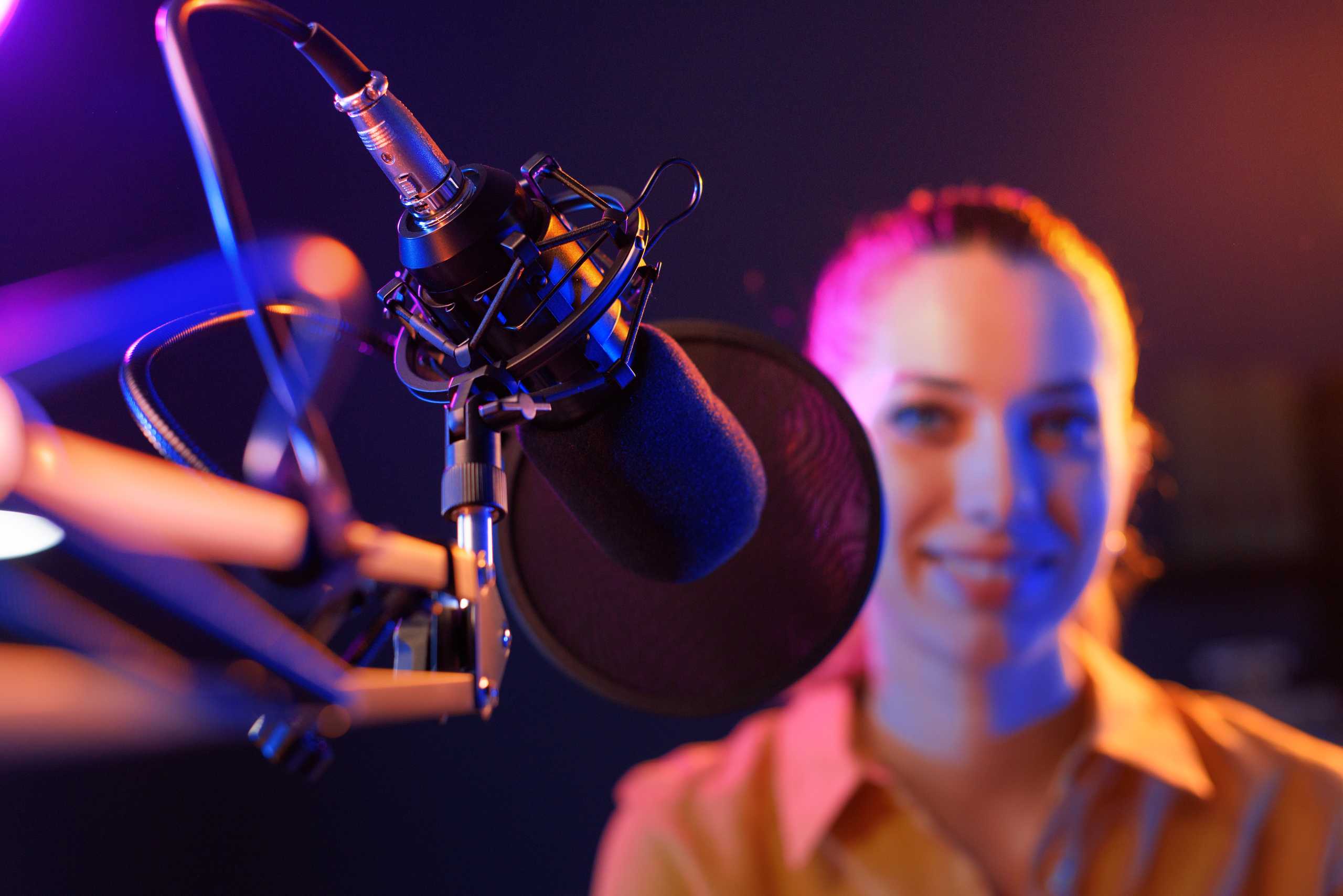The Power of Performance: How to Engage Your Audience on Stage
Performing live is about more than just singing the notes correctly. It’s about creating a connection with your audience that makes your show unforgettable. Learning to engage your listeners transforms a good performance into a great one.
Why Audience Connection Matters
When you connect with your audience, you invite them into your world. This connection:
- Makes your performance more impactful
- Builds loyalty among fans
- Boosts your confidence on stage
Without this bond, even technically flawless singing can feel flat or impersonal.
Preparing Beyond the Voice
Engagement starts before you even step on stage. Consider:
- Understanding your audience’s expectations and mood
- Visualizing the atmosphere you want to create
- Planning interactive moments, like eye contact or gestures
Use Your Body Language
Your body speaks volumes. Open posture, purposeful movements, and facial expressions can communicate emotions that words alone cannot.
Try to:
- Make eye contact with different people in the crowd
- Use hand gestures to emphasize lyrics
- Move naturally with the rhythm of the music
Tell a Story Through Your Song
Each song has its own story and emotion. To convey that:
- Feel the meaning behind the lyrics
- Let your voice express the emotions authentically
- Use pauses and dynamics to build tension and release
Engage with Energy and Presence
Energy is contagious. Even if you’re nervous, project enthusiasm and passion. Your energy sets the tone and invites the audience to respond.
Practice Performance Skills
Just like vocal technique, stage presence requires practice:
- Record rehearsals to evaluate your movements and expressions
- Perform in front of friends or small audiences for feedback
- Experiment with different styles of engagement
Final Thought
The best performers don’t just sing; they create an experience. Focus on building genuine connections, and you’ll leave your audience wanting more every time you take the stage.

